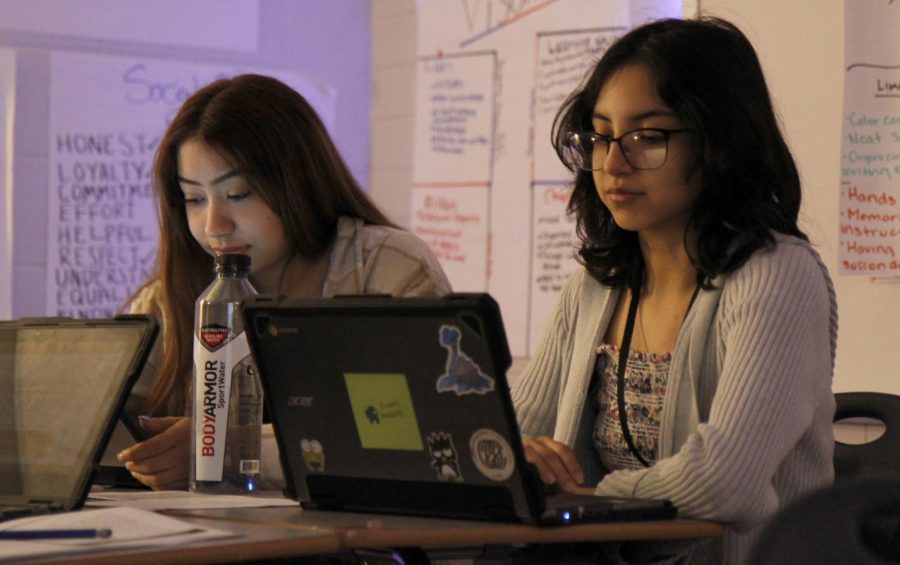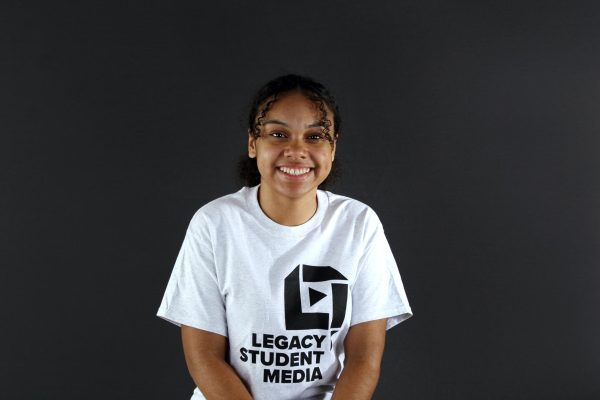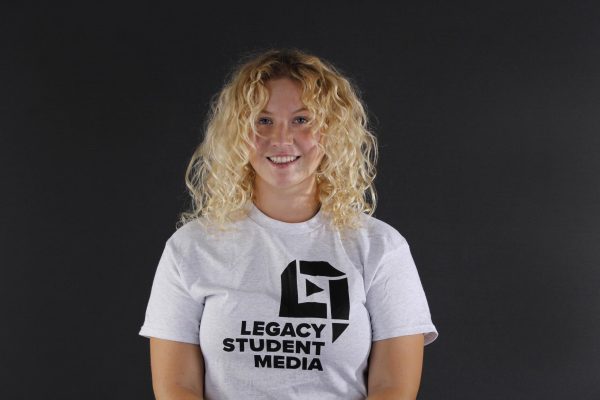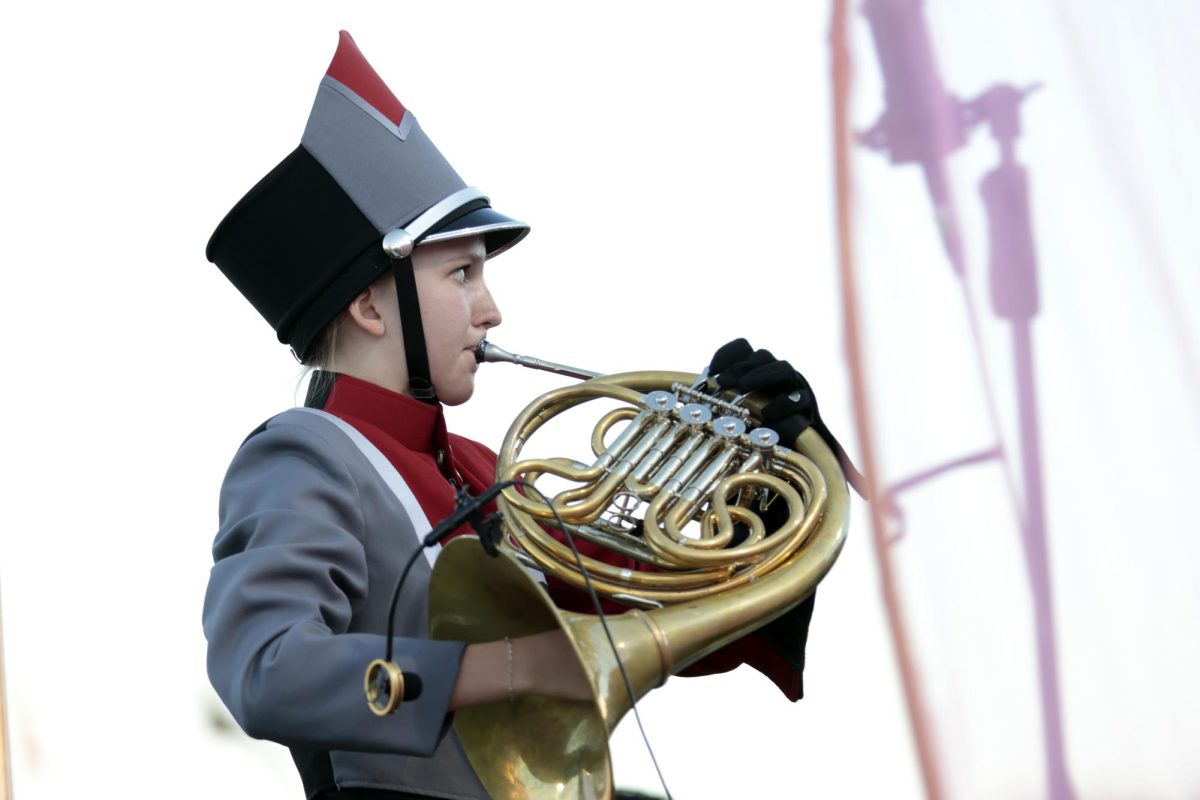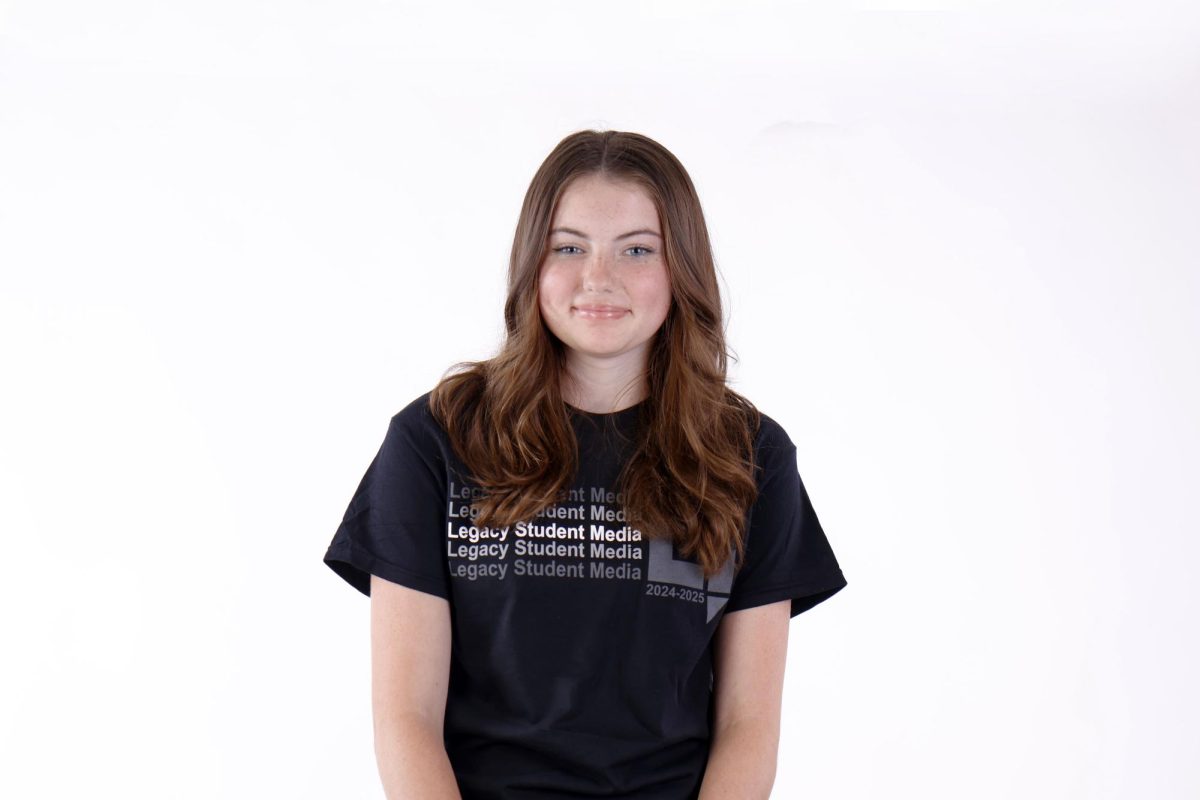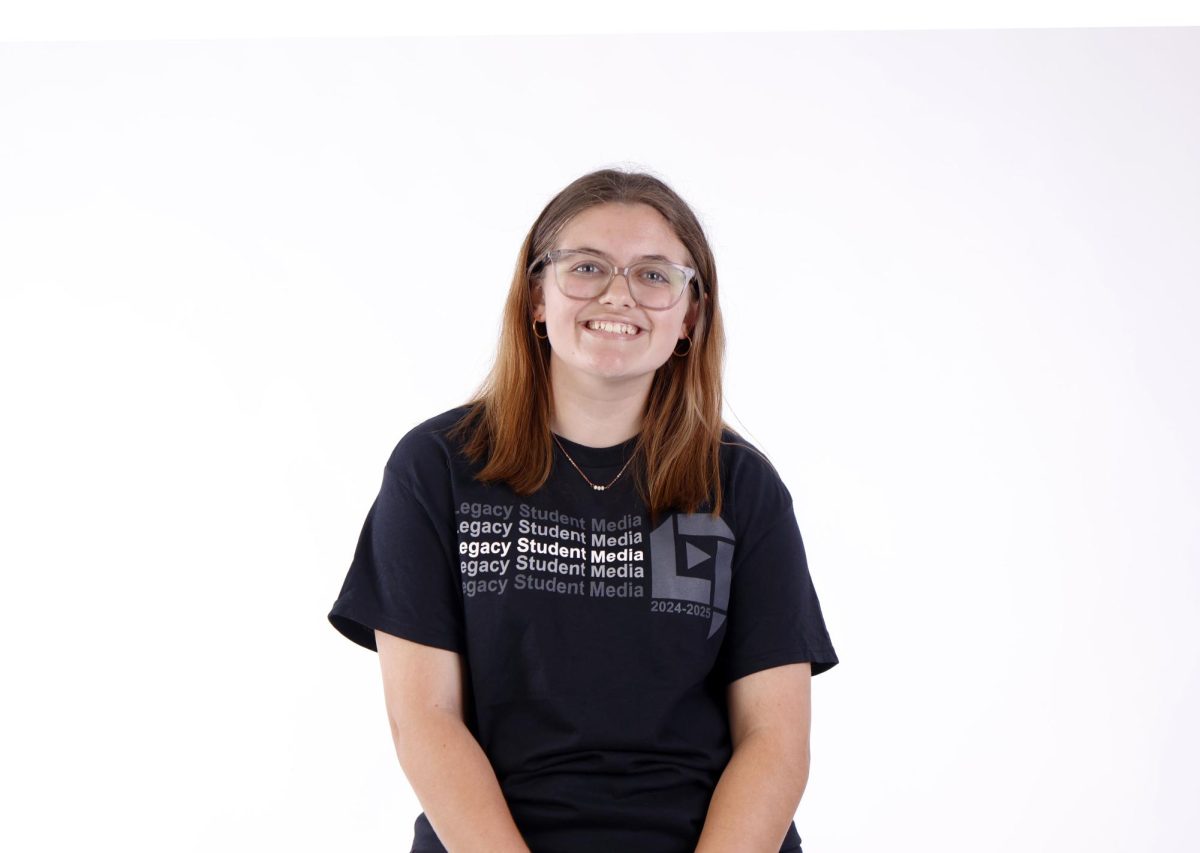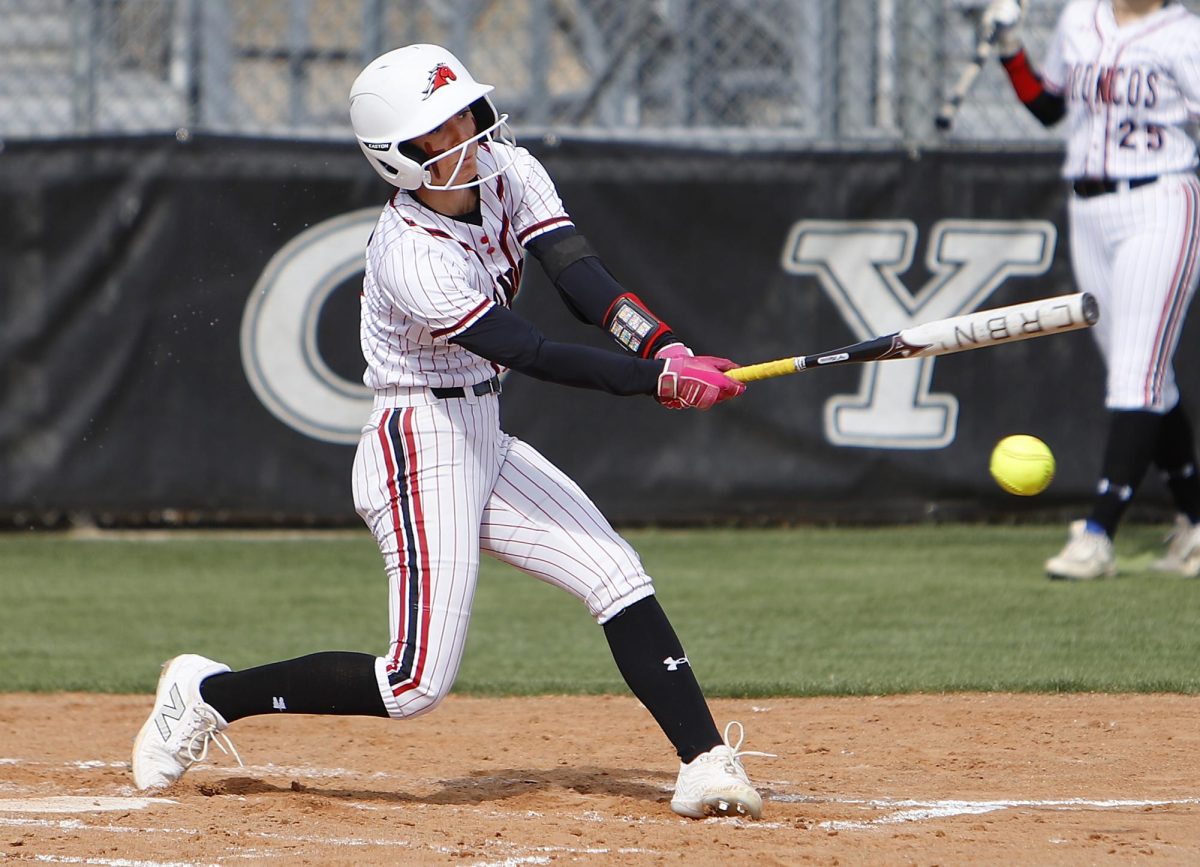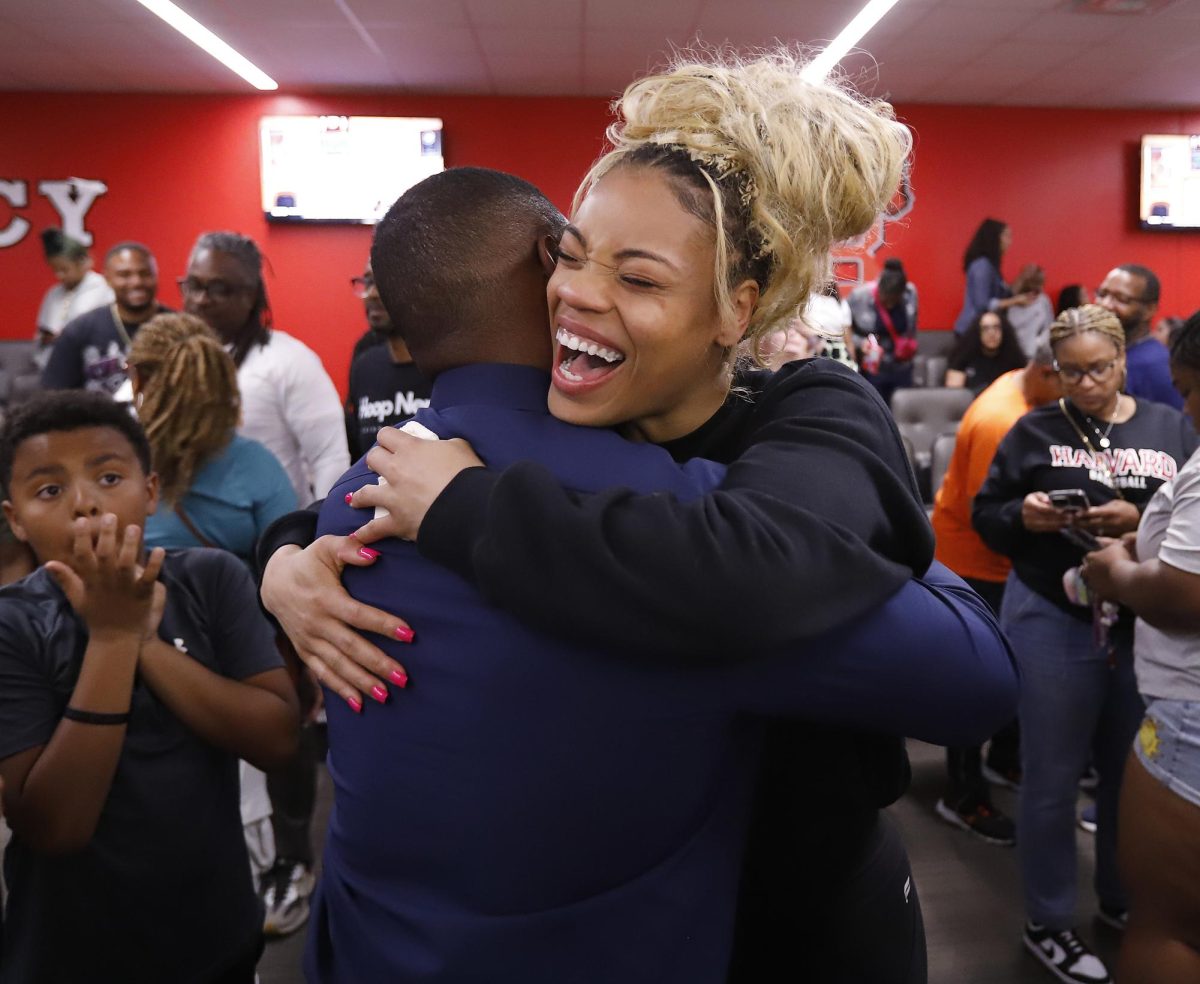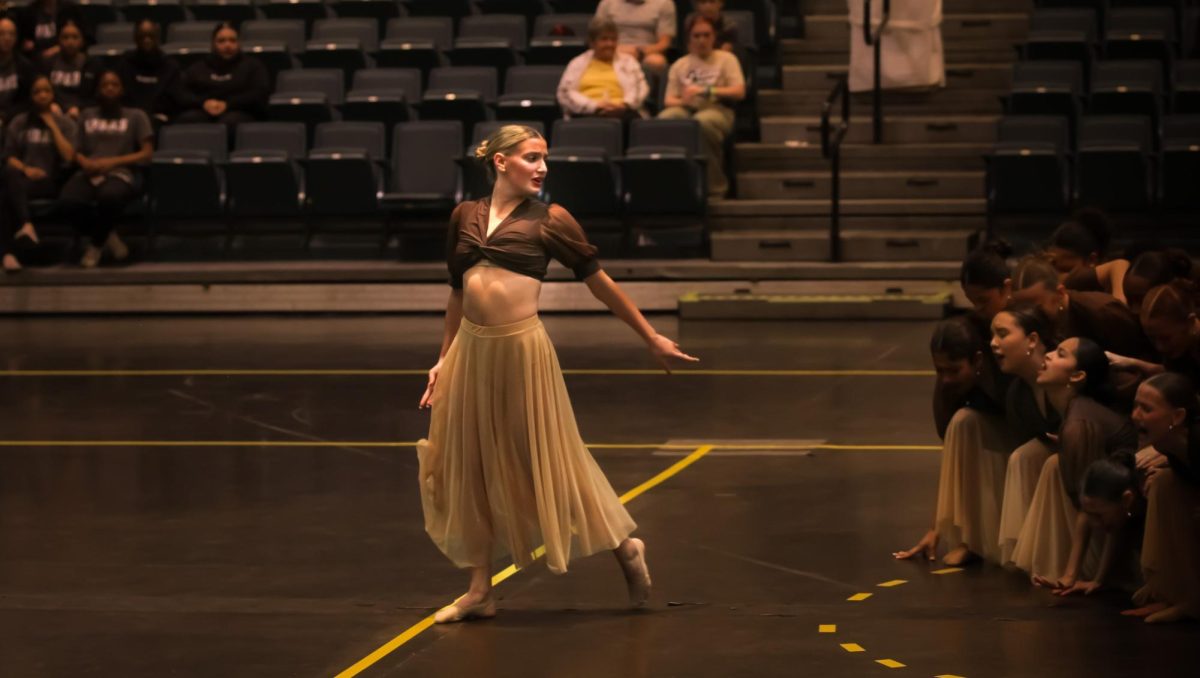Four years ago, her first group of AVID students entered the classroom. Ms. Cheryl Cason watched them grow from freshmen to seniors. Now, they’re preparing to graduate, with Ms. Cason beside them every step of the way. AVID (Advancement Via Individual Determination) teaches students the skills and tools they need to succeed in school and life after graduation.
“It’s everything I love about teaching,” Ms. Cason said. “It’s building relationships with students. It’s helping them succeed in school. It’s listening to their problems and trying to come up with solutions. It’s taking time out of the day to teach them all the things that fall through the cracks.”
Senior Christian Vazquez, one of the students Ms. Cason began teaching four years ago, joined AVID because she felt unprepared for high school, college and the real world.
“[Ms. Cason] has always been really genuine; she shows that she really cares. She puts our mental health as a priority versus work and I really appreciate that about her because she’s very understanding. She urges us when we need it. She’s like, get this done, get this done, get this done, and if she didn’t do that, I think a lot of us wouldn’t be completing the work that we are,” Vasquez said. “If you feel like you don’t know anything about what you’re going to do outside of school, then it’s definitely good for you to join. [AVID’s] more family than just classmates. You’re in there for four years of high school so you gain new relationships with the people there. It’s just more genuine than a regular classroom.”
In AVID, students learn things that normal classes don’t have the time to cover. Students are unaware of how to apply for scholarships or what a college application looks like. AVID shows students how to apply and what the housing, budgeting and roommate situation may look like.
“It’s so frustrating as a teacher when you always hear things like, ‘Well, I wish I’d learned how to balance my checkbook. When I was in school I wish I learned how to pay a mortgage or you know, whatever it is that would have been really helpful,” Ms. Cason said. “We know that and we want to teach you that but there’s not enough time in the day to do that. And so, AVID is one of those classes that pick up the slack.”
In AVID I and II, students are introduced to post-high school options, but most of their time is spent learning the skills they need to be successful in their current classes (note-taking, organization, course selection, staying on top of their grades and assignments). AVID III takes that and adds to it planning for life after high school (what career they want to have and what kind of lifestyle they want to lead). AVID IV spends the first semester applying for colleges, filling out FAFSA, searching for scholarships, and all the other stuff that comes with senior year. The second semester is spent getting ready for what college life will actually look like, including mock college schedule around fake classes, meals and snacks that one can make in the microwave, strategies for getting along with roommates and ways to balance the demands of a college workload with having fun.
“Throughout all four years of AVID, there are three constants. Collaboration is a big part of the class: students work together to create projects and also in tutoring groups to support their success in all courses. Every AVID student must be enrolled in at least one advanced academic class and must maintain satisfactory citizenship. Community service is a huge part of the AVID curriculum with students giving back and serving their community,” Ms. Cason said. “Beyond that, each grade level is quite different.”
Although Ms. Cason must say goodbye to her AVID seniors, this year she got to meet her new group of AVID freshmen. Ms. Cason and Ms. Jamie Dorsett, the second AVID teacher, rotate between AVID I, II, III, and IV each school year. This year, Ms. Cason teaches AVID I and IV, but next year she’ll be teaching AVID I and II.
“My favorite part of teaching AVID is the fact that I get to move with my kids,” Ms. Cason said. “It’s kind of a double-edged sword because they’re leaving me, but at the same time, I’ve gotten to see them grow up, and we’ve gone through a pandemic together. I have had such a front-row seat to seeing the kind of adults they’re becoming, it’s such a privilege.”



